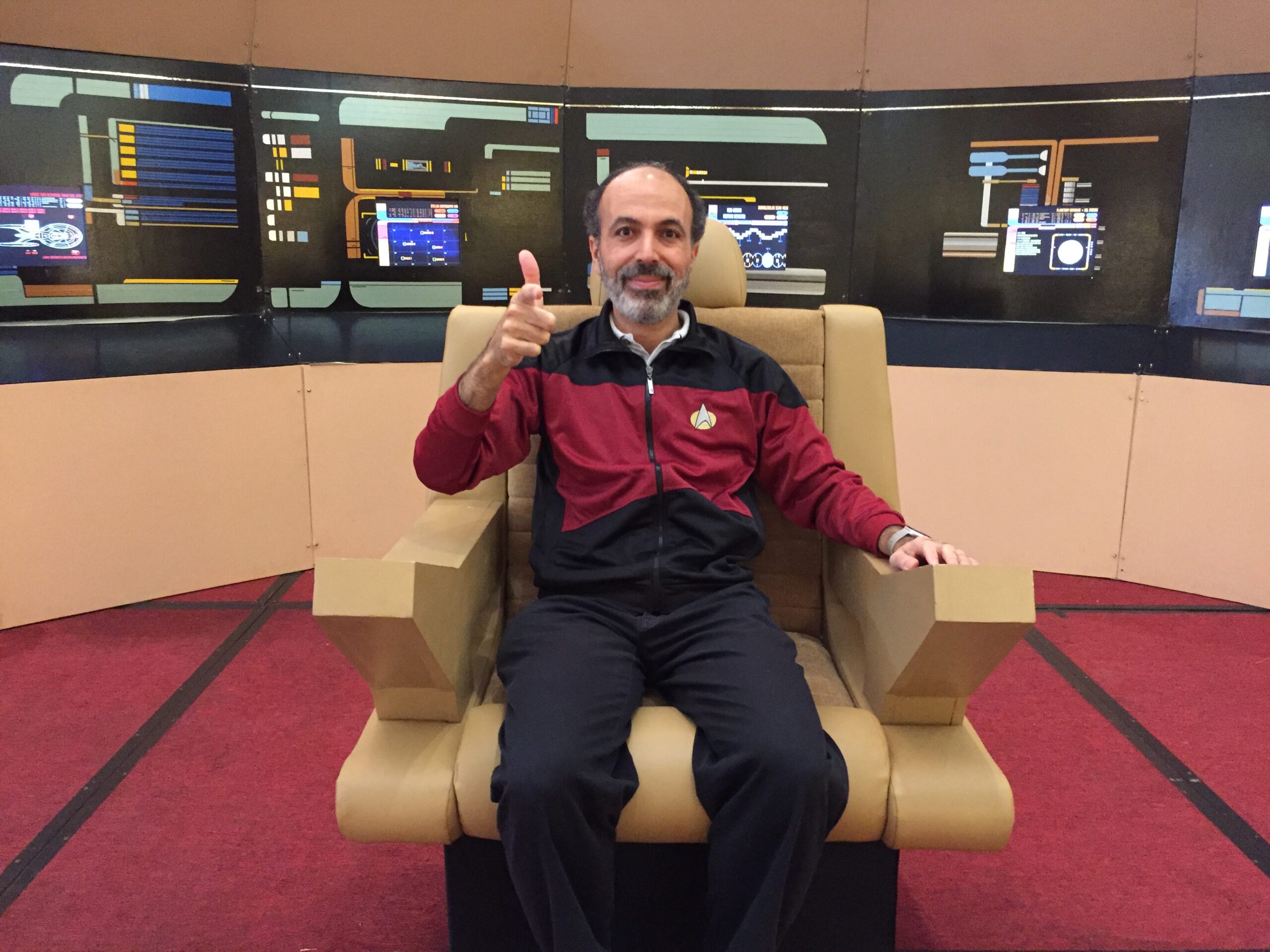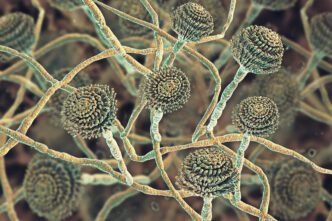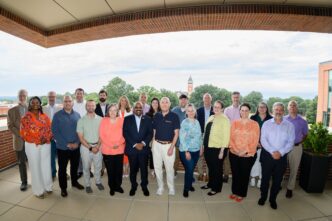Mohamed Noor has seen every one of the 900 episodes of “Star Trek” at least once — most of them many times.
“I’ve been a fan since I was about 8 years old and saw reruns of the original series. I was hooked,” said Noor, who the is interim vice provost for academic affairs and a professor of biology at Duke University.
Noor is also an acclaimed geneticist, having been awarded a prestigious Darwin-Wallace Medal in 2008 by the Linnean Society of London. The medals are given for major advances in evolutionary science and contribution to the wider natural history community.
“I had put off taking genetics in college until my junior year because people said it was hard. But I loved it,” said Noor, who called the class “life changing.”
Noor has combined his love of genetics and “Star Trek.” He will deliver the Clemson University College of Science annual Darwin Day Lecture on Feb. 12 at 2 p.m. via Zoom. The lecture, “Using Science Fiction Depictions to Teach Real-World Evolution Concepts,” is open to the public and can be accessed at https://clemson.zoom.us/j/95376010710.
“I’m not teaching ‘Star Trek.’ I’m teaching genetics and evolution, but using ‘Star Trek’ as an entryway,” he said. “People like a narrative from which to learn. It’s fun, and it aids in retention.”
The idea came to him after he attended Dragon Con in Atlanta in 2014. His daughter, a big “Doctor Who” fan, wanted to go.
“The thing that surprised me was how much science was going on,” he said.
He gave his first Trek talk at Dragon Con in 2016. That led to a book, “Live Long and Evolve: What Star Trek Can Teach Us about Evolution, Genetics and Life on Other Worlds.” He has even served as a science consultant for the “Star Trek” television franchise.
Noor said the franchise wants to ground things in real science. But does it get it right all of the time?
“The good thing is it does not matter if the science is right or wrong. If it’s wrong, that leads to a discussion of what’s correct, what’s not accurate and what would make it better,” he said.






